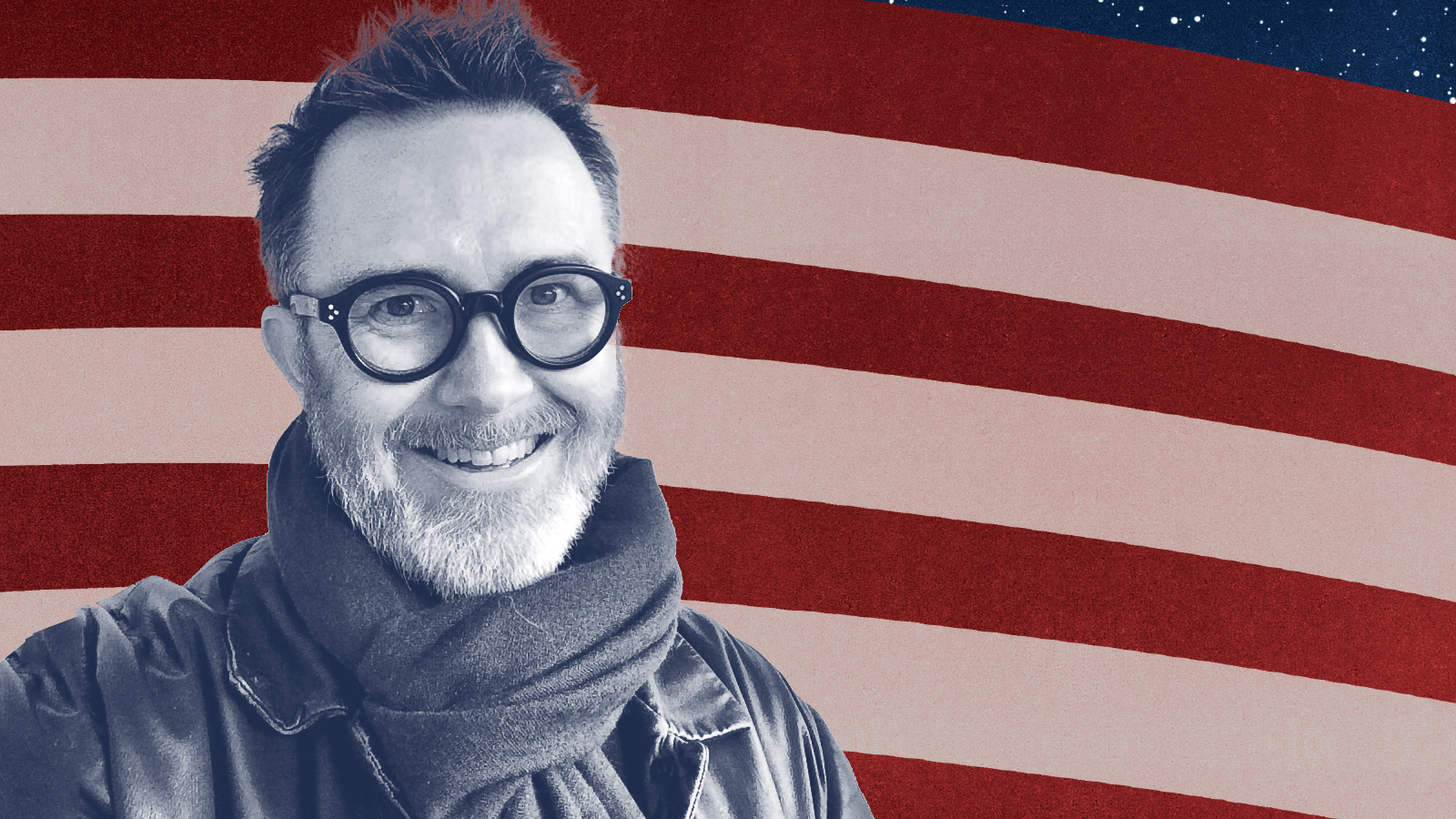This article is a response to CT’s November 2015 cover story, “The Power of Our Weakness.”
Political and legal revolutions always follow cultural revolutions. The gay rights revolution is just the latest example of the West’s long process of emancipating the individual from all authority outside the sovereign Self.
Gerson and Wehner are surely correct that Christians must learn to live in a world—I would call it a post-Christian world—that accepts same-sex marriage. And they are right to say that as a general rule, Christians should work with LGBT citizens and their allies on causes both sides support.
But I see two big problems with their essay. First, it is naïve to believe that if only Christians stop making a big deal about homosexuality, LGBT groups and their allies will partner with us in other areas. Many people on the other side see orthodox Christians as the equivalent of straight-up white supremacists.
It’s outrageously unfair, but that’s the world we live in. As long as we hold to traditional biblical teaching on sexuality, all the winsomeness in the world won’t make them like us.
Second, I sense in Gerson and Wehner’s essay a veiled willingness to compromise on Christian sexual orthodoxy. They blame “some Christian leaders” for “associating Christianity primarily with sexual morality.” That’s true, to an extent, but the secular world, especially the media, has played a far more consequential role in this distortion.
Our news-entertainment media have for the past two decades obsessively promoted the LGBT cause. It has been the sole standard on which many outside the church judge us. Why should those who stand on the issue where all Christians stood for nearly two millennia surrender to the radical innovators?
If the Bible doesn’t say much about homosexuality, what it does say is uncompromising. The Bible is equally uncompromising about sexual purity, and more broadly, on sexual complementarity as intrinsic to Judeo-Christianity’s theological anthropology. To affirm homosexuality would mean refusing the clear teaching of Scripture not only on same-sex relations, but also on sexuality itself, and even what it means to be fully human.
The sociologist Philip Rieff, in his prophetic 1966 book The Triumph of the Therapeutic, said that subordinating sexual desire to God’s purposes was at the center of Christian culture from the beginning. Renouncing sexual freedom, and controlling sexual desire and spiritualizing it, was part of the “positive asceticism” of Christian life.
Today, Rieff said, we live in a “post-ascetic culture” in which we have ceased to be religious, and have instead become psychological. Therefore, individual fulfillment is our goal. “Religious man was born to be saved,” Rieff wrote. “Psychological man is born to be pleased.”
Christians who think standing firm on traditional sexual teaching is ancillary to the gospel, and even harmful to its spread, may mean well. But in accommodating the zeitgeist, they surrender something more essential than they realize.
I agree with Gerson and Wehner that traditional Christians have lost the culture war. I agree that we need a “dose of realism” about that. And I agree that offering healing is more important than offering judgment.
But authentic healing requires judgment about what health looks like. And that means we must have a standard and a model for human wholeness. For Christians, that model is found in the Bible. The Christian tradition requires a positive asceticism for the sake of discipleship; we are called to conform ourselves to that model, which is Christ.
The first Benedictine monks responded to the crisis and chaos of their time by building a new community within which they could hold on to the truths of the faith. Only by living out positive asceticism in common prayer, work, and worship in intentional community could the monks be who Christ meant them to be for the world.
We are not all called to be monks, of course. But we lay Christians have much to learn from the monastic example. Given this post-Christian new “dark age,” we small-o orthodox Christians must pioneer new ways to bind ourselves to Scripture, to our traditions, and to each other—not for mere survival, but so that the church can be the authentic light of Christ to a world lost in darkness.
This is the Benedict Option, and it will help us Christians to be, in the words of Gerson and Wehner, “distinct but not wholly apart” from our post-Christian culture. Where we differ, I think, is in our diagnosis of how radical the challenge is, and how radical our response must therefore be. My concern is that we will go so far to please the world that we will lose the knowledge and the practices that save.
The Wilberforce Option comes from Christian optimism; the Benedict Option comes from Christian hope. They are not the same thing.
Rod Dreher is an Eastern Orthodox Christian and a senior editor at The American Conservative. He is writing a book about the Benedict Option.










